Computing Challenges to Humanity Task Force
The Computing Challenges to Humanity task force was established in fall 2021 in order to lead the CCC’s activities related to the impact that computing can have on major challenges to humanity. The task force is split into two teams one focusing on equity such as identifying and mitigating bias and sociotechnical interventions for health and wellness and the other focused on climate change and sustainable computing.
Current Members:
Equity Team
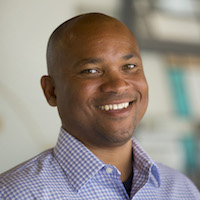 Chad Jenkins
Chad Jenkins
University of Michigan
Chad Jenkins

Odest Chadwicke Jenkins, Ph.D., is an Associate Professor of Computer Science and Engineering at the University of Michigan. Prof. Jenkins earned his B.S. in Computer Science and Mathematics at Alma College (1996), M.S. in Computer Science at Georgia Tech (1998), and Ph.D. in Computer Science at the University of Southern California (2003). He previously served on the faculty of Brown University in Computer Science (2004-15). His research addresses problems in interactive robotics and human-robot interaction, primarily focused on mobile manipulation, robot perception, and robot learning from demonstration. His research often intersects topics in computer vision, machine learning, and computer animation.
Prof. Jenkins has been recognized as a Sloan Research Fellow in 2009. He is a recipient of the Presidential Early Career Award for Scientists and Engineers (PECASE) for his work in physics-based human tracking from video. His work has also been supported by Young Investigator awards from the Office of Naval Research (ONR) for his research in learning dynamical primitives from human motion, the Air Force Office of Scientific Research (AFOSR) for his work in manifold learning and multi-robot coordination and the National Science Foundation (NSF) for robot learning from multivalued human demonstrations. Prof. Jenkins is a Senior Member of the Association for Computing Machinery and the Institute of Electrical and Electronics Engineers. He is currently a member of the Defense Science Study Group (2018-19).
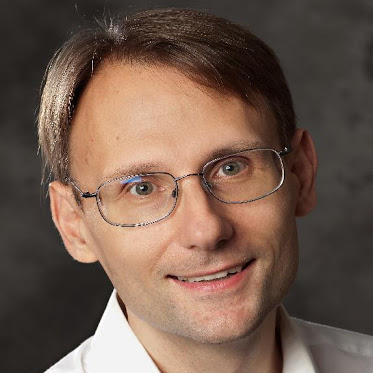 Sven Koenig
Sven Koenig
University of Southern California
Sven Koenig

Sven Koenig is a Professor of Computer Science at the University of Southern California. Most of his research centers around techniques for decision making (planning and learning) that enable single situated agents (such as robots or decision-support systems) and teams of agents to act intelligently in their environments and exhibit goal-directed behavior in real-time, even if they have only incomplete knowledge of their environment, imperfect abilities to manipulate it, limited or noisy perception or insufficient reasoning speed. Sven is a fellow of the Association for the Advancement of Artificial Intelligence (AAAI), the Association for Computing Machinery (ACM), the Institute of Electrical and Electronics Engineers (IEEE), and the American Association for the Advancement of Science (AAAS).
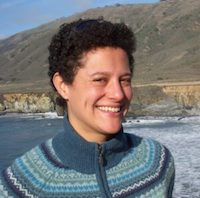
Melanie Moses
University of New Mexico
Melanie Moses
 Melanie Moses is a Professor of Computer Science at the University of New Mexico and an External Faculty Member at the Santa Fe Institute. She studies complex biological and information systems, the scaling properties of networks, and the general rules governing the acquisition of energy and information in complex adaptive systems. She models distributed search processes in ant colonies and immune systems, and she designs bio-inspired, scalable swarms of robots that can autonomously cooperate and adapt to environmental conditions. She draws insights, tools, and approaches from different disciplines in an effort to find unifying principles in nature and computation.Her Ph.D is in Biology from the University of New Mexico and she has a B.S. in Symbolic Systems from Stanford University with a concentration in Agent Based Modeling. She has led the NASA Swarmathon and NM CSforAll to engage thousands of women and underrepresented minority students in computer science research and education.
Melanie Moses is a Professor of Computer Science at the University of New Mexico and an External Faculty Member at the Santa Fe Institute. She studies complex biological and information systems, the scaling properties of networks, and the general rules governing the acquisition of energy and information in complex adaptive systems. She models distributed search processes in ant colonies and immune systems, and she designs bio-inspired, scalable swarms of robots that can autonomously cooperate and adapt to environmental conditions. She draws insights, tools, and approaches from different disciplines in an effort to find unifying principles in nature and computation.Her Ph.D is in Biology from the University of New Mexico and she has a B.S. in Symbolic Systems from Stanford University with a concentration in Agent Based Modeling. She has led the NASA Swarmathon and NM CSforAll to engage thousands of women and underrepresented minority students in computer science research and education.
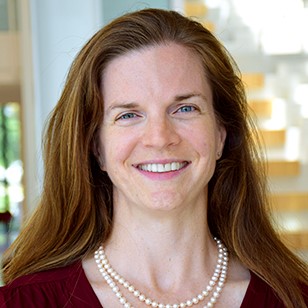 Katie Siek
Katie Siek
Indiana University
Katie Siek

Katie Siek is an associate professor in Informatics at Indiana University. Her primary research interests are in human computer interaction, health informatics, and ubiquitous computing. More specifically, she is interested in how sociotechnical interventions affect personal health and well being. Her research is supported by the National Institutes of Health, the Robert Wood Johnson Foundation, and the National Science Foundation including a five-year NSF CAREER award. She has been awarded a CRA-W Borg Early Career Award (2012) and a Scottish Informatics and Computer Science Alliance Distinguished Visiting Fellowship (2010 & 2015).
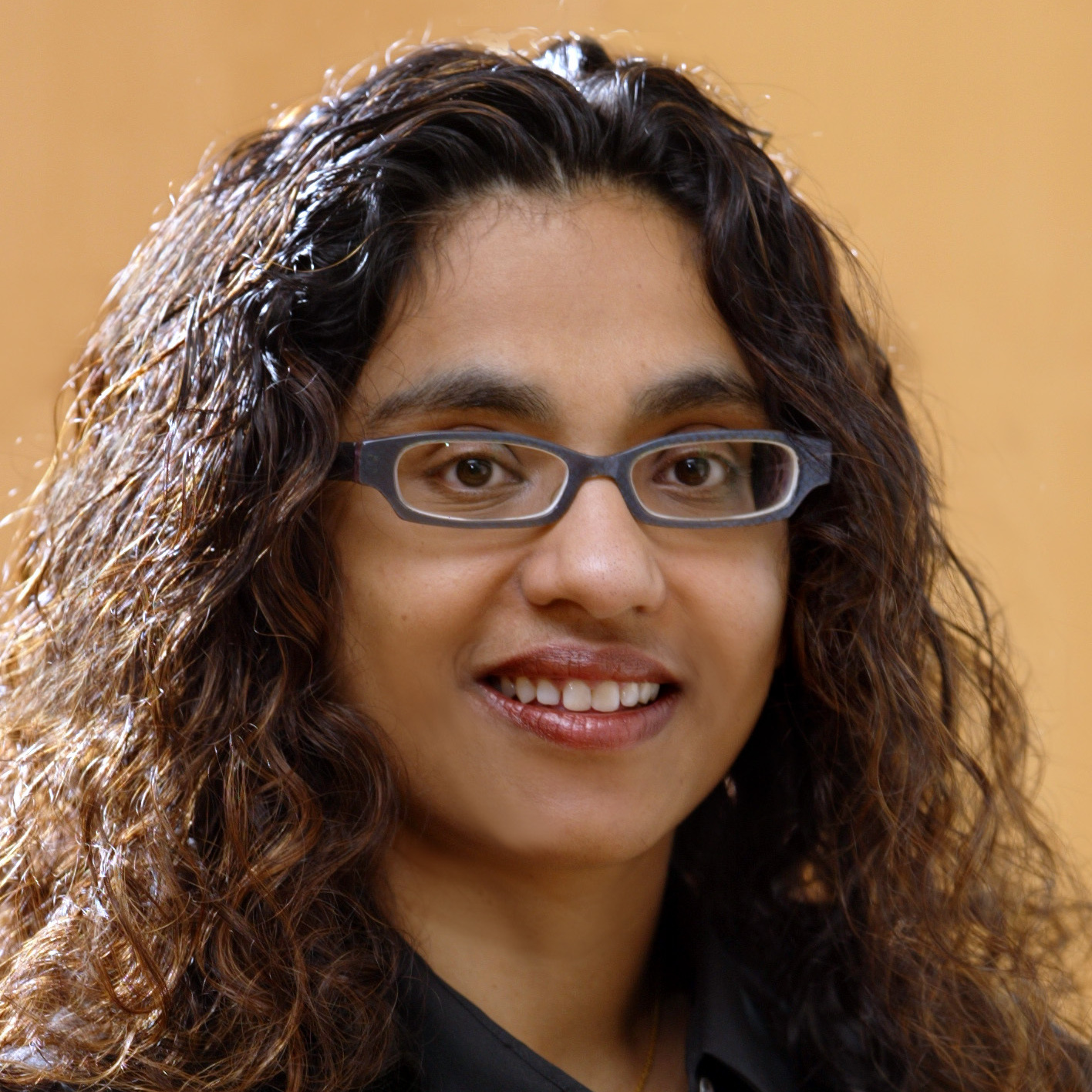 Mona Singh
Mona Singh
Princeton University
Mona Singh

Mona Singh is a Professor of Computer Science and the Lewis Sigler Institute for Integrative Genomics at Princeton University. She received her A.B. and S.M degrees from Harvard University, and her Ph.D. from MIT, all three in computer science. She works broadly in computational molecular biology, as well as its interface with machine learning and algorithms. Much of her work is on developing algorithms to decode genomes at the level of proteins and she is especially interested in developing data-driven methods for predicting and characterizing protein sequences, functions, interactions and networks, both in healthy and disease contexts. She is Editor-in-Chief of the Journal of Computational Biology. Among her awards are the Presidential Early Career Award for Scientists and Engineers (PECASE) in 2001, and the Rheinstein Junior Faculty Award from Princeton’s School of Engineering and Applied Science in 2003. She was named a Fellow of the ACM in 2019, and of the ISCB in 2018.
Climate Team
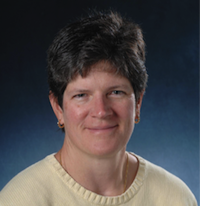
Elizabeth Bradley
CCC Chair Emerita
University of Colorado Boulder
Elizabeth Bradley
 Liz Bradley received the S.B., S.M., and Ph.D. degrees from the Massachusetts Institute of Technology in 1983, 1986, and 1992, respectively, including a one-year leave of absence to compete in the 1988 Olympic Games. She has been with the Department of Computer Science at the University of Colorado at Boulder since January of 1993; she also holds appointments and affiliations with a variety of engineering departments. Her current research activities focus on nonlinear dynamics and chaos, as well as scientific computation and AI. She is a member of Eta Kappa Nu, Tau Beta Pi, and Sigma Xi, as well as the recipient of a National Young Investigator award, a Packard Fellowship, and the 1999 College of Engineering teaching award.
Liz Bradley received the S.B., S.M., and Ph.D. degrees from the Massachusetts Institute of Technology in 1983, 1986, and 1992, respectively, including a one-year leave of absence to compete in the 1988 Olympic Games. She has been with the Department of Computer Science at the University of Colorado at Boulder since January of 1993; she also holds appointments and affiliations with a variety of engineering departments. Her current research activities focus on nonlinear dynamics and chaos, as well as scientific computation and AI. She is a member of Eta Kappa Nu, Tau Beta Pi, and Sigma Xi, as well as the recipient of a National Young Investigator award, a Packard Fellowship, and the 1999 College of Engineering teaching award.
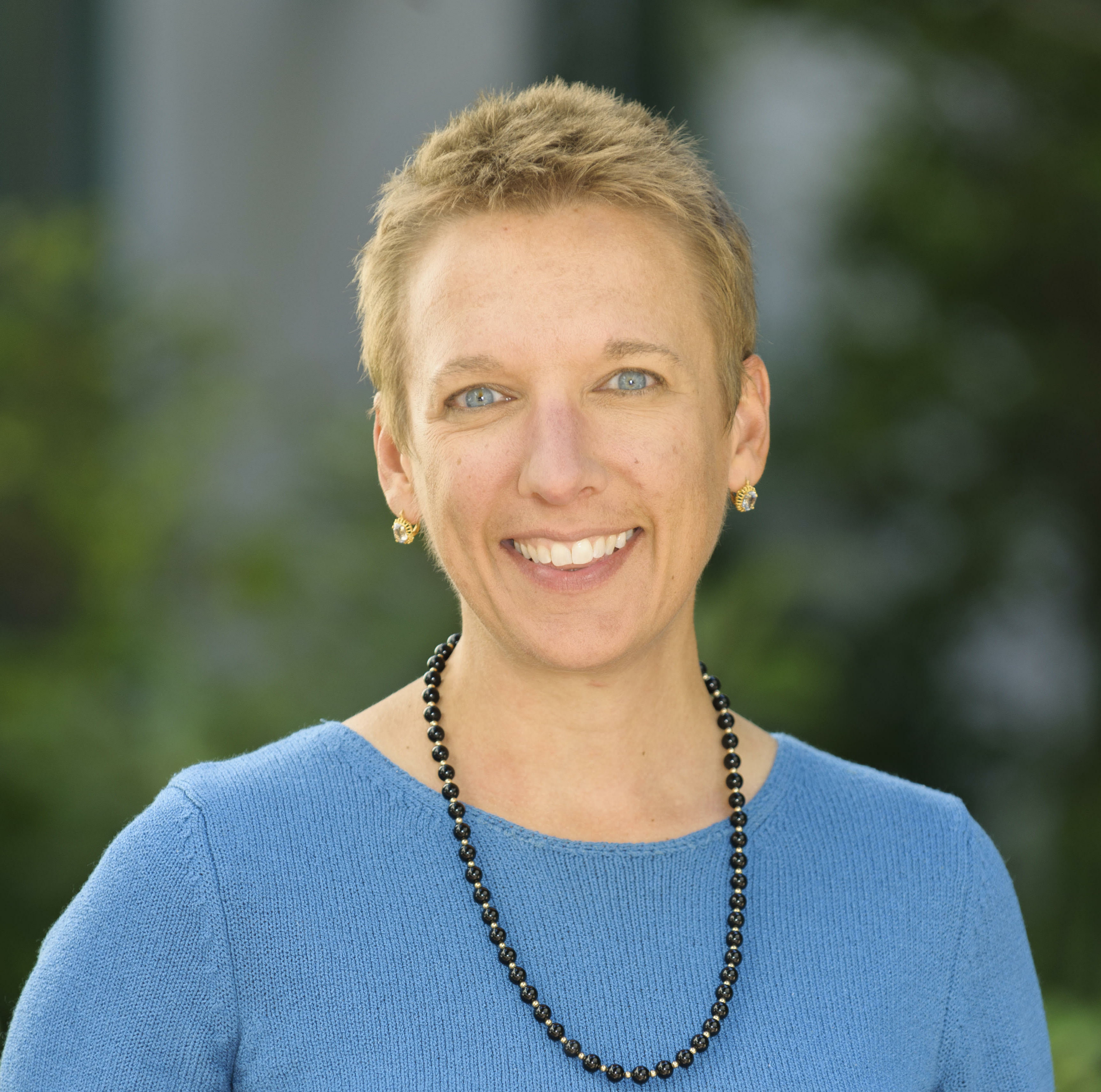 Chandra Krintz
Chandra Krintz
University of California, Santa Barbara
Chandra Krintz

Chandra Krintz is a Professor of Computer Science at the University of California, Santa Barbara (UCSB). She joined the UCSB faculty in 2001 after receiving her M.S. and Ph.D. degrees in Computer Science from the UC San Diego. Chandra’s research focuses on programming and distributed systems, including techniques that improve performance, reduce energy consumption, and automate development and deployment of software. Recently, her work has focused on the intersection of IoT, edge and cloud computing, and data analytics with applications in farming, ranching, and conservation science (cf SmartFarm and WTB). Chandra has mentored over 70 undergraduate and graduate students, has published numerous research articles, participates in efforts to broaden participation in computing, and is the progenitor of the AppScale project. Chandra’s efforts have been recognized with a NSF CAREER award, the CRA-W Anita Borg Early Career Award (BECA), and with a UCSB Sustainability Champion and Academic Senate Distinguished Teaching Award.

Melanie Moses
University of New Mexico
Melanie Moses
 Melanie Moses is a Professor of Computer Science at the University of New Mexico and an External Faculty Member at the Santa Fe Institute. She studies complex biological and information systems, the scaling properties of networks, and the general rules governing the acquisition of energy and information in complex adaptive systems. She models distributed search processes in ant colonies and immune systems, and she designs bio-inspired, scalable swarms of robots that can autonomously cooperate and adapt to environmental conditions. She draws insights, tools, and approaches from different disciplines in an effort to find unifying principles in nature and computation.Her Ph.D is in Biology from the University of New Mexico and she has a B.S. in Symbolic Systems from Stanford University with a concentration in Agent Based Modeling. She has led the NASA Swarmathon and NM CSforAll to engage thousands of women and underrepresented minority students in computer science research and education.
Melanie Moses is a Professor of Computer Science at the University of New Mexico and an External Faculty Member at the Santa Fe Institute. She studies complex biological and information systems, the scaling properties of networks, and the general rules governing the acquisition of energy and information in complex adaptive systems. She models distributed search processes in ant colonies and immune systems, and she designs bio-inspired, scalable swarms of robots that can autonomously cooperate and adapt to environmental conditions. She draws insights, tools, and approaches from different disciplines in an effort to find unifying principles in nature and computation.Her Ph.D is in Biology from the University of New Mexico and she has a B.S. in Symbolic Systems from Stanford University with a concentration in Agent Based Modeling. She has led the NASA Swarmathon and NM CSforAll to engage thousands of women and underrepresented minority students in computer science research and education.
Resources curated for this task force include:
- Computing Research for the Climate Crisis white paper
- Taking Stock of the Present and Future of Smart Technologies for Older Adults and Caregivers white paper
- Modernizing Data Control: Making Personal Digital Data Mutually Beneficial for Citizens and Industry white paper
- Pandemic Informatics: Preparation, Robustness, and Resilience white paper
- CCC / Code 8.7 Applying AI in the Fight Against Modern Slavery workshop report






